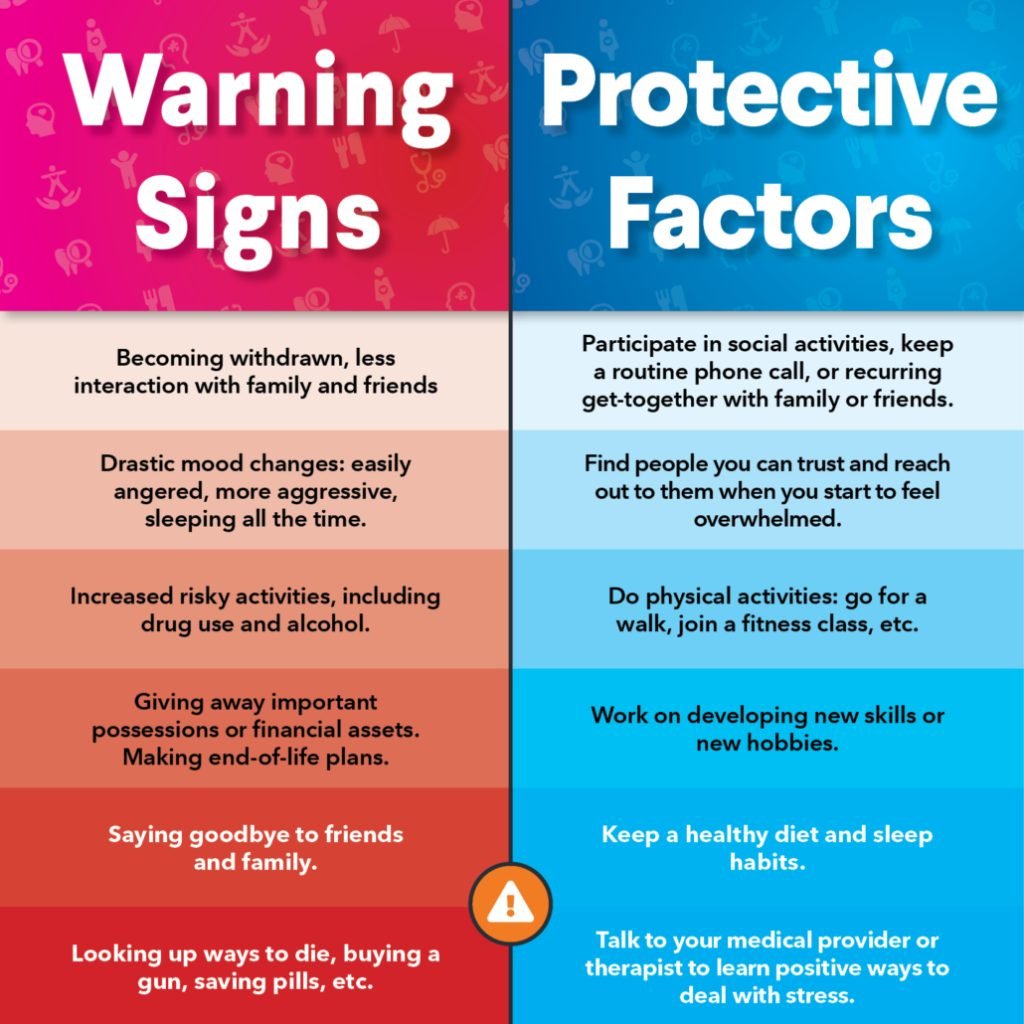Information presented in this article may be triggering to some people. If you are having suicidal thoughts, contact the National Suicide Prevention Lifeline at 988 for support and assistance from a trained counselor. If you or a loved one are in immediate danger, call 911.
Living with diabetes is a challenging journey that can significantly impact one’s mental health. The constant management of blood sugar levels, dietary restrictions, and the fear of complications can lead to feelings of depression and hopelessness. In some cases, these feelings might escalate to thoughts of not wanting to live, yet not wanting to die either. This article explores the nuances of these emotions and offers guidance on what to do if you or someone you know is experiencing them.
The Difference Between Active Suicidal Ideation & Passive Suicidal Ideation
Understanding the difference between active and passive suicidal ideation is crucial. Active suicidal ideation involves thinking about or planning how to end one’s life. In contrast, passive suicidal ideation is when someone has thoughts about dying or not wanting to live without having specific plans to commit suicide.
Why Do I Feel Like This?
If you’re feeling, “I don’t want to live like this, but I don’t want to die,” it’s essential to recognize that these feelings are valid and often linked to underlying issues such as depression, chronic illness like diabetes, or significant life stressors. Diabetes can amplify feelings of being overwhelmed and exhausted, leading to a diminished will to live. It’s not uncommon to feel “tired of living” when dealing with a chronic condition that requires constant vigilance.

What Do I Do When I Feel Like I Want to Die?
When experiencing thoughts like “I don’t want to live,” it’s important to take proactive steps to safeguard your mental health. Here are some strategies:
Therapy
Engaging in therapy can be a vital step in addressing these feelings. Cognitive Behavioral Therapy (CBT) is particularly effective for managing depression and suicidal ideation. A therapist can help you develop coping mechanisms and work through the underlying issues contributing to your distress.
Get Help Now
If you’re thinking, “I just want to die,” it’s imperative to seek immediate help. Contact a mental health professional, call a crisis hotline, or go to the nearest emergency room. Immediate intervention can provide the support needed to navigate these intense feelings.
Safety Planning
Creating a safety plan can help manage moments of crisis. This plan includes identifying warning signs, listing coping strategies, and noting emergency contacts. Having a concrete plan can make a significant difference when you feel overwhelmed.
Seek Social Support
Isolation can exacerbate feelings of hopelessness. Reach out to friends, family, or support groups. Sharing your struggles with others can provide relief and remind you that you’re not alone.
Find Connection
Engage in activities that bring you joy or a sense of purpose. This could be hobbies, volunteer work, or connecting with loved ones. Finding moments of happiness can help bolster your will to live.
How to Help Someone Else
If someone you care about expresses feelings of, “I don’t want to live,” it’s crucial to approach the situation with empathy and support.
Janel Cubbage
Janel Cubbage, a mental health advocate, emphasizes the importance of listening without judgment and encouraging the person to seek professional help. It’s vital to take any talk of suicide seriously and act to ensure the person’s safety.
What This Means For You
Living with diabetes and experiencing depression can be overwhelming, but it’s important to remember that help is available. If you find yourself saying, “I don’t wanna wait for our lives to be over,” or “I don’t want to live anymore,” reach out for support. Whether through therapy, social connections, or crisis intervention, there are ways to manage these feelings and find a path forward.
Your natural instinct may be to remind them of the reasons they have for living or to tell them to think about their friends and family and how their death would affect them. Push those instincts to the side and listen to them. Hear them. Let them tell you what’s contributing to their emotional pain.
— JANEL CUBBAGE
Of course, if someone is in imminent danger, contact emergency services or bring them to the nearest emergency department.
